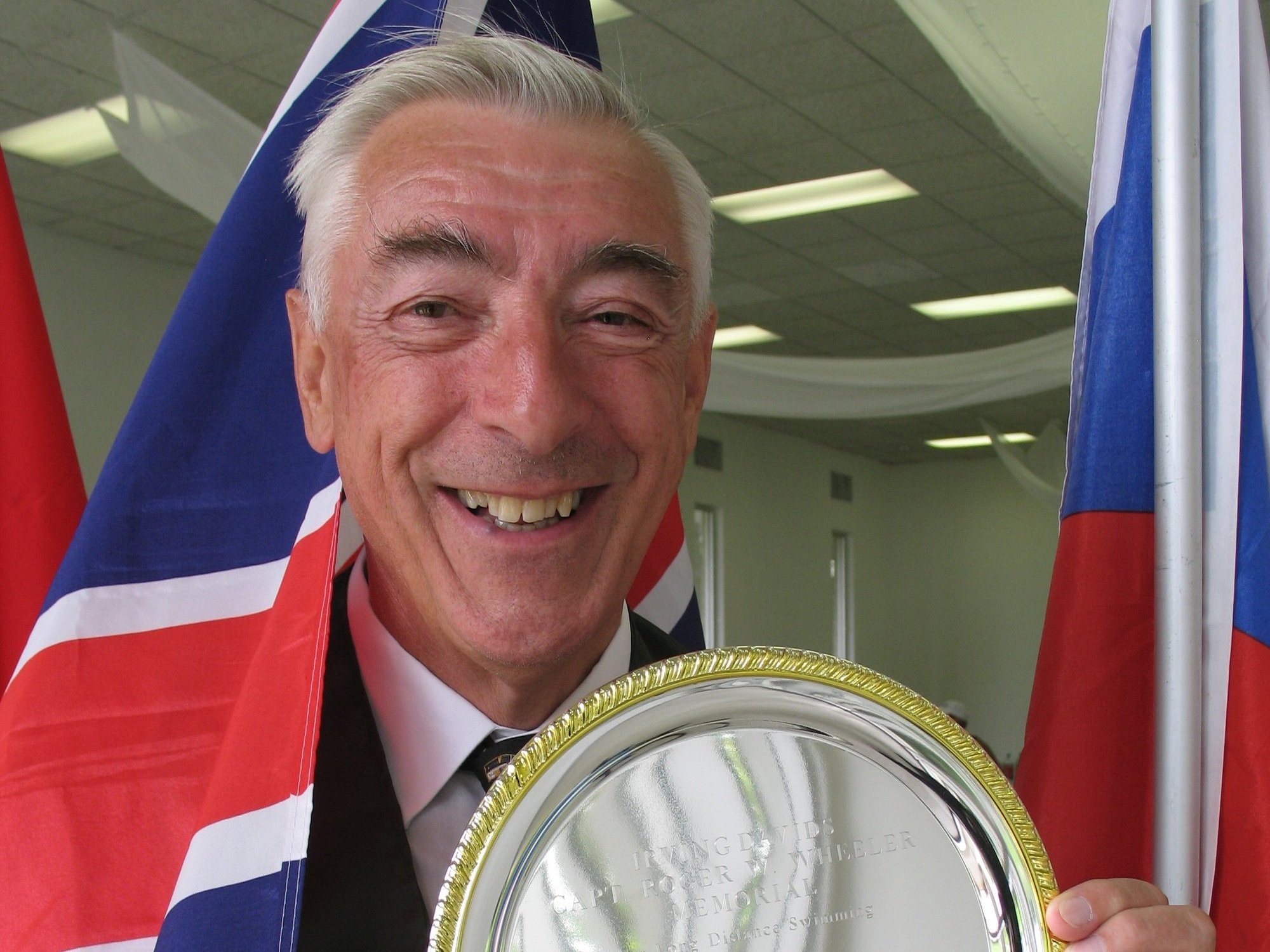World-first blood test could correctly identify chronic fatigue syndrome in 92% of patients

WATCH NOW: NHS Scotland launches AI trial to help detect lung cancer and strokes in X-rays
|GBN

The test could be a game-changer for patients who often struggle for years to get a proper diagnosis
Don't Miss
Most Read
Scientists have created what they're calling the world's first accurate blood test for chronic fatigue syndrome, also known as ME/CFS.
The breakthrough test shows impressive results, correctly identifying the condition in 92 per cent of patients who have it, according to researchers at the University of East Anglia and Oxford Biodynamics. It's also 98 per cent accurate at ruling out those who don't have the illness.
Right now, doctors have to rely on symptoms alone, which means many patients go undiagnosed or get told their condition is "all in their head".
The research team, led by Professor Dmitry Pshezhetskiy from UEA's Norwich Medical School, discovered that people with ME/CFS have a distinctive pattern in how their DNA is folded.
TRENDING
Stories
Videos
Your Say

Scientists are still working out whether the test could deliver in real-world settings
|GETTY
"ME/CFS is a serious and often disabling illness characterised by extreme fatigue that is not relieved by rest," Professor Pshezhetskiy explained. "We wanted to see if we could develop a blood test to diagnose the condition, and we did."
The scientists examined blood samples from 47 people with severe ME/CFS and compared them with 61 healthy adults.
They found a unique DNA folding pattern that appears consistently in ME/CFS patients but not in healthy people. This discovery has been published in the Journal of Translational Medicine.
But several experts believe the test is ready to be rolled out.
Dr Charles Shepherd, medical adviser for the ME Association, explained that more work needs to be done.
"We need to know whether the abnormality is consistently present in the very early stages of ME/CFS as well as in people with longstanding disease who have mild or moderate ME/CFS," he explained. He also wants to see the test checked against other conditions that cause similar symptoms.
Professor Chris Ponting from the University of Edinburgh went further, calling some of the research team's claims "premature".
He insisted the test needs proper validation through better-designed independent studies before doctors can start using it.
There's another concern that could put the brakes on this breakthrough - the price tag.
Professor Ponting estimates the test could cost around £1,000, which might make it too expensive for widespread NHS use.
LATEST DEVELOPMENTS

Scientists are still working out whether the test could deliver in real-world settings
| PAThe research was funded by Oxford Biodynamics, whose chief scientific officer, Alexandre Akoulitchev, highlighted why the test works.
"Chronic fatigue syndrome is not a genetic disease you're born with; that's why using EpiSwitch 'epigenetic' markers, which can change during a person's life, unlike fixed genetic code, was key to reaching this high level of accuracy," he said.
For now, patients will have to wait while scientists work out whether this promising test can deliver in real-world settings.
Our Standards: The GB News Editorial Charter










